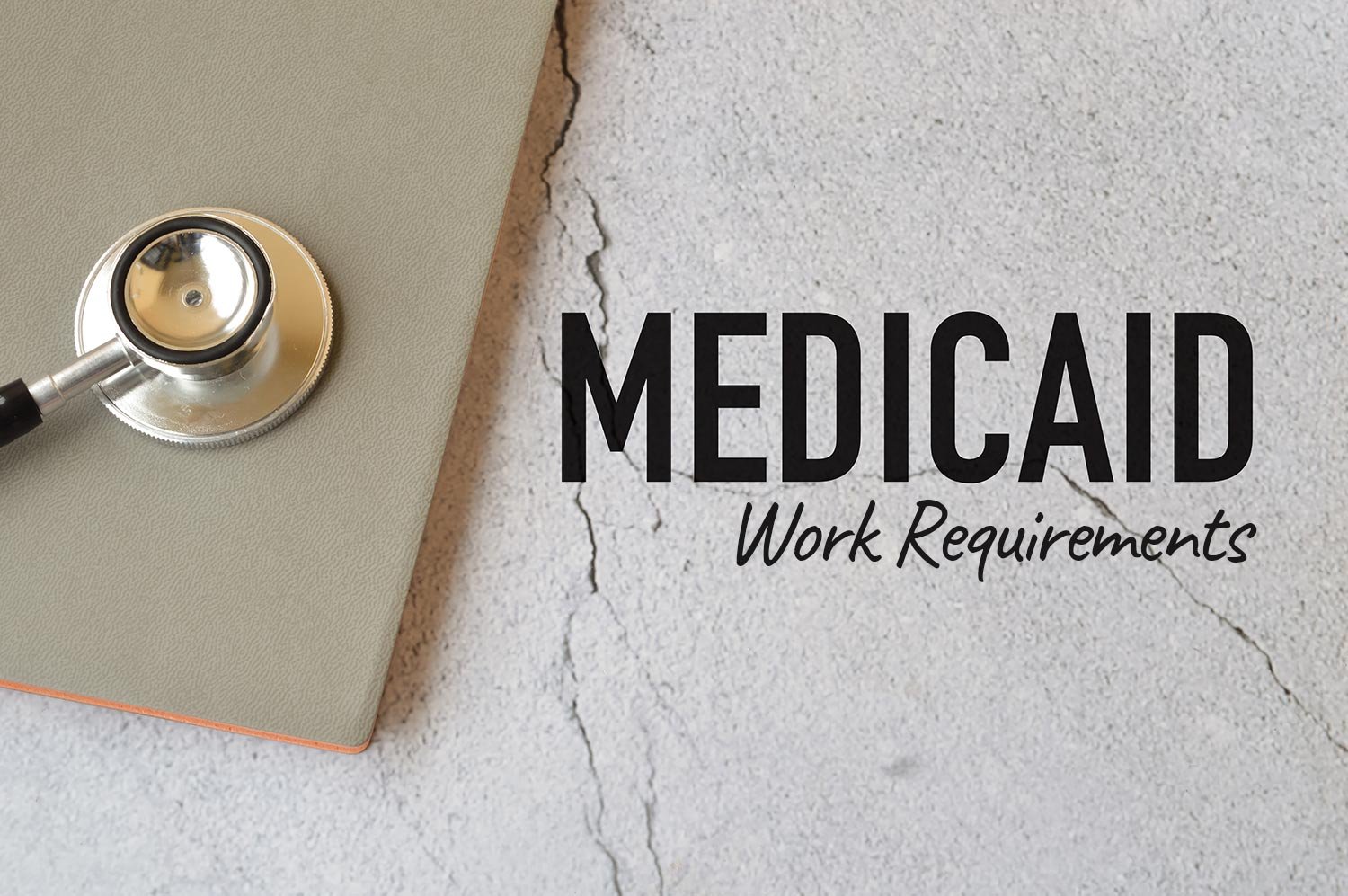
Former President Trump made it very clear during his presidency that he supported Medicaid work requirements. Indeed, the former Administrator for Centers for Medicare & Medicaid Services (CMS), Seema Verma, under Trump’s administration, issued policy memoranda on how states could submit Section 1115 waivers in search of work requirement approval.
Thereafter, several states submitted such waivers, including Arkansas, Arizona, Iowa, Indiana, New Hampshire, Kentucky, Kansas, Maine, North Carolina, Mississippi, Ohio, Utah, Oklahoma, and Wisconsin. Kentucky was the first to attempt to implement such work requirements. Under that waiver program, each Medicaid recipient would be required to work, look for work, or participate in volunteer work for 80 hours each month. If the requirement wasn’t met, Medicaid coverage would be lost for 6 months. There were several exceptions to the rule, such as for pregnant women, full-time students, primary caregivers to dependents, the elderly, and the disabled.



